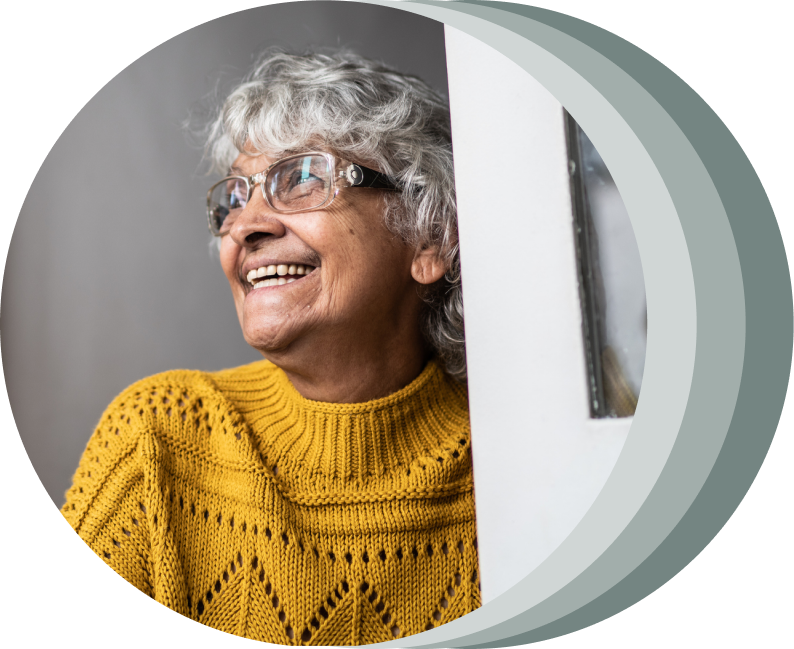
Arthritis
Arthritis in Older Adults
As people age, the wear and tear on their joints can lead to the development of arthritis. Arthritis causes inflammation and pain in the joints, making it difficult for seniors to perform daily activities. With the help of a primary care physician that specializes in senior arthritis, patients can experience reduced pain, and improve their quality of life.




